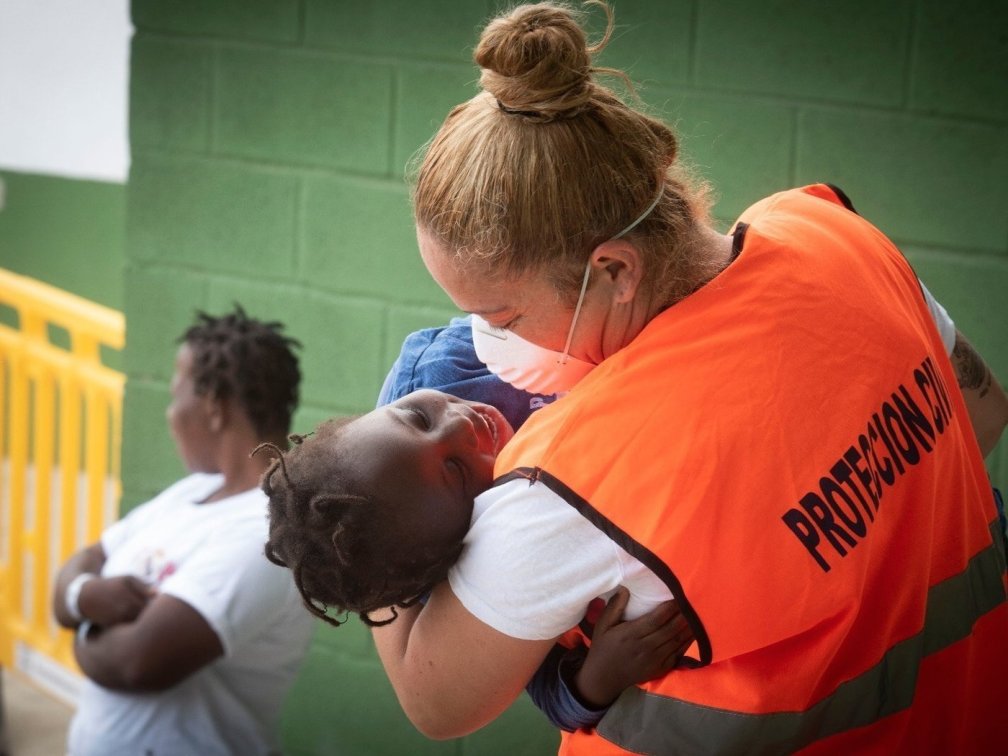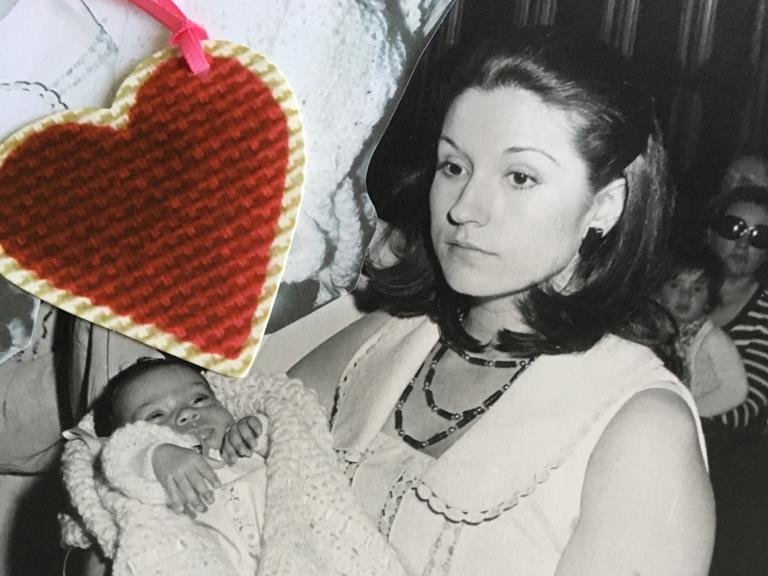
By Lucia Benavides
Originally published on NPR on Sept. 20, 2018.
A center run by the nonprofit Spanish Commission for Refugees in Málaga has been busy all summer. It’s a colorful, two-story building with an outdoor courtyard, and people constantly come and go, speaking an array of languages and blasting music from their phones.
“Look, they’re coming in now,” says Francisco Cansino, the center’s director. “They’ve just arrived.”
About a dozen people walk in wearing matching black hoodies and sweatpants given to them by the Red Cross. They came from one of a number of ships docking here earlier that week.
This summer, Spain became the main entry point for migrants crossing into Europe. As of early September, more than 35,000 people crossed into the country either by land or sea, surpassing other leading entry points and topping Spain’s own total for all of 2017, according to the United Nations’ International Organization for Migration.
